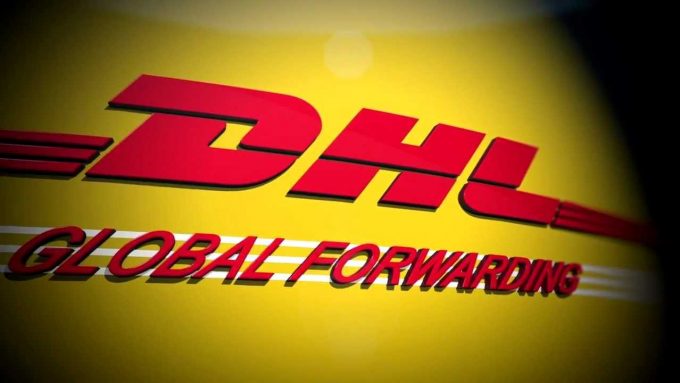The US Line: Leadership and why DEI actually matters
Chapeau to Geodis, DHL and Expeditors…

Almost all the key 2017 financial figures released by DP-DHL this month moved in the right direction – group revenues rose nicely above inflation and earnings growth was even stronger, thanks to operating leverage, while free cash flow as well as debt metrics were impressive.
One number soared, however, and certain trends prompted concern, particularly for the employees of the DHL Global Forwarding (DGF) unit.
(DGF in this story refers to both freight and forwarding activities, which are reported separately).
Rising costs
It is ...
US port dispute: 'the carriers and USMX are going to lose this battle'
Rates update, week 51: GRIs boost prices, with more to come in January
The US Line: My feud with Flexport CEO Ryan Petersen
Recent lay-offs in logistics could well be 'a harbinger of headwinds'
Yang Ming to order 13 newbuild box ships for fleet renewal and new markets
‘Customers should be customers of each of our business lines’, says Geodis chief
Two winners from the Red Sea crisis: the shipping lines and Houthis
Happy last year in air freight (for some) – and good luck with the next

Comment on this article
Ross Delaney
March 26, 2018 at 9:47 pmThis is at the heart of the ill conceived bias in market financial analysis towards asset carrier businesses versus their forwarder competitors….
“Let’s look at the EBIT/employees ratio by unit in 2017 instead, which was: €8,363 for PeP; €20,112 for Express; €6,964 for Global Forwarding; and €3,723 for Supply Chain.
This shows why the freight forwarding unit is where the axe might fall, barring similar considerations for the supply chain business, which has capex requirements at about 4x versus DGF.”
So in essence: 4x capex should not require a similar or greater multiple to be applied to the expected revenue per employee of that high asset consumption dependent business model? Why not?
Back in the day, Burlington Northern coined the phrase “people not planes deliver” yet it seems financial analysts through this ZIRP era have been able to repeatedly give lazy capital intensive business models, those that rely in turn on lazy anti-trust regimes, a free pass.
Ale Pasetti
March 27, 2018 at 9:38 amThat is exactly the point, I think we agree Ross. Thanks much for your feedback.